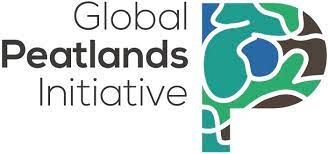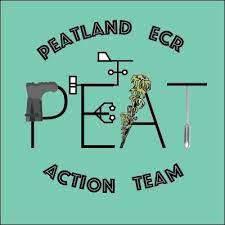.png)
How to do better peer review and deal with negative feedback
This event has now finished.
Event details
Join us behind the scenes, where you’ll learn what happens to your manuscript from submission to publication. We will provide you with insights pertaining to what to include in your letter to the editor, how the reviewer selection process takes place, how to respond to reviewer comments, and of course how to become a more effective reviewer yourself.
In case you missed the event you can catch up here:
About the trainers
Julie Loisel is an early-career ecosystem scientist specializing in the structure and function of belowground (peat and soil) natural systems. Her research is empirical by nature; in the field and the lab, she studies how terrestrial ecosystems respond to environmental change over short (annual) to long (millennia) timescales, with an emphasis on linkages between carbon and climate. She also specializes in Holocene paleoenvironmental reconstructions from peat cores using a suite of proxies (plant fossils, stable isotopes, pollen, testate amoebae, etc.) and models. Dr. Loisel co-leads C-PEAT, an international group on peatland-carbon research sponsored by Past Global Changes (PAGES). She was also recently elected as a science steering group member of the International Soil Carbon Network (ISCN). Learn more about her ongoing projects across the world at: https://www.julieloisel.com/
Petra Boynton is an Agony Aunt and Social Psychologist. Author of The Research Companion and Being Well in Academia: Ways to Feel Stronger, Safer and More Connected. She provides training and support to universities, charities and other organisations on researcher safety and wellbeing. Follow her on Twitter @DrPetra or find out more here: https://linktr.ee/Petra_Boynton
Sabine Jordan is agronomist and physical geographer at the Department of Soil and Environment at the Swedish University of Agricultural Sciences (SLU). Her focus is on consequences of peatland restoration for hydrochemistry, C, N and P balances, greenhouse gas emissions and hydrology. She is the coordinator for SLUs Climate Programme within the Environmental Monitoring Assessment Framework and she actively contributes data to the Swedish Climate Reporting. Sabine is the editor for TELMA, the German journal on all aspects of peat and peatland sciences and the deputy editor for Mires and Peat, a peer reviewed internet journal focusing specifically on mires, peatlands and peat.
About the Global Peatlands Initiative
The Global Peatlands Initiative is an effort by leading experts and institutions formed by 13 founding members at the UNFCCC COP in Marrakech, Morocco in 2016 to save peatlands as the world’s largest terrestrial organic carbon stock and to prevent it being emitted into the atmosphere. The current greenhouse gas emissions from drained or burned peatlands are estimated to amount up to five percent of the global carbon budget — in the range of two billion tonnes CO2 per year.
Partners to the Initiative are working together within their respective areas of expertise to improve the conservation, restoration and sustainable management of peatlands. In this way the Initiative is contributing to several Sustainable Development Goals , including by reducing greenhouse gas emissions, maintaining ecosystem services and securing lives and livelihoods through improved adaptive capacity. Find out more at: www.globalpeatlands.org
Partners



